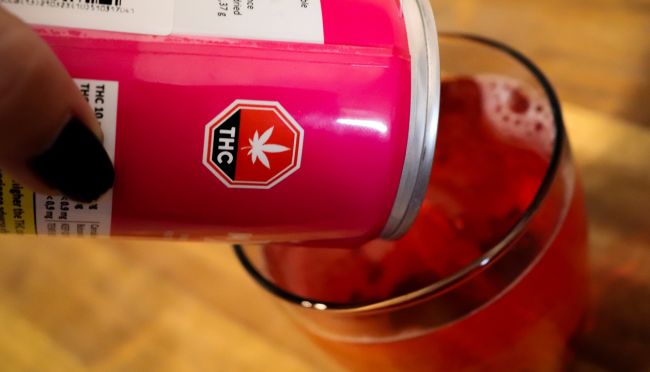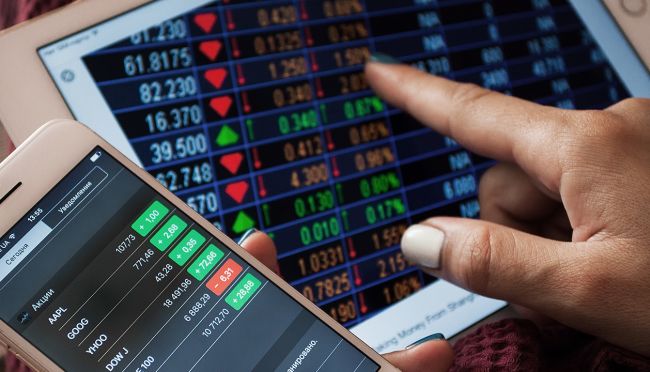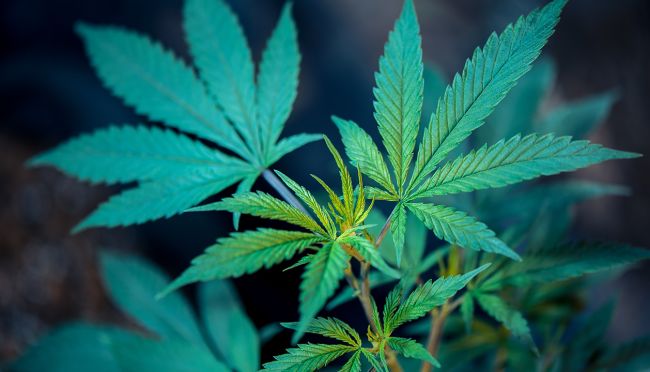Governing Rules, Regulations, and Reforms →
→

- 09 Jan 2024
- Research & Ideas
Could Clean Hydrogen Become Affordable at Scale by 2030?
The cost to produce hydrogen could approach the $1-per-kilogram target set by US regulators by 2030, helping this cleaner energy source compete with fossil fuels, says research by Gunther Glenk and colleagues. But planned global investments in hydrogen production would need to come to fruition to reach full potential.

- 28 Nov 2023
- Book
Economic Growth Draws Companies to Asia. Can They Handle Its Authoritarian Regimes?
The efficiency of one-party governments might seem appealing, but leaders need a deep understanding of a country's power structure and "moral economy," says Meg Rithmire. Her book Precarious Ties: Business and the State in Authoritarian Asia explores the delicate relationship between capitalists and autocrats in the region.

- 02 May 2023
- What Do You Think?
How Should Artificial Intelligence Be Regulated—if at All?
Some AI pioneers say the technology could be a risk to humanity, and some governments have taken steps to rein it in. But who should set the rules and what details must they consider? asks James Heskett. Open for comment; 0 Comments.

- 24 Apr 2023
- HBS Case
What Does It Take to Build as Much Buzz as Booze? Inside the Epic Challenge of Cannabis-Infused Drinks
The market for cannabis products has exploded as more states legalize marijuana. But the path to success is rife with complexity as a case study about the beverage company Cann by Ayelet Israeli illustrates.

- 28 Mar 2023
- Research & Ideas
The FDA’s Speedy Drug Approvals Are Safe: A Win-Win for Patients and Pharma Innovation
Expediting so-called breakthrough therapies has saved millions of dollars in research time without compromising drug safety or efficacy, says research by Ariel Stern, Amitabh Chandra, and colleagues. Could policymakers harness the approach to bring life-saving treatments to the market faster?
- 14 Mar 2023
- In Practice
What Does the Failure of Silicon Valley Bank Say About the State of Finance?
Silicon Valley Bank wasn't ready for the Fed's interest rate hikes, but that's only part of the story. Victoria Ivashina and Erik Stafford probe the complex factors that led to the second-biggest bank failure ever.

- 21 Jul 2022
- Research & Ideas
Did Pandemic Stimulus Funds Spur the Rise of 'Meme Stocks'?
Remember the GameStop stock frenzy? Research by Robin Greenwood and colleagues shows how market speculation can flare up when you combine stimulus funds, trading platforms, and plain old boredom.

- 18 May 2022
- Research & Ideas
Are Banks the ‘Bad Guys’? Overdraft Fees Are Crushing Low-Income Customers
Payday lenders have been accused of exploiting poor consumers, but traditional banks exact a similar toll through overdraft fees. Research by Marco Di Maggio and Emily Williams shows how seemingly innocuous checking accounts can become vehicles for financial distress.

- 17 Aug 2021
- Op-Ed
Dispensing Justice: The Case for Legalizing Cannabis Nationally
Legalizing cannabis federally would shrink the illicit market, help the legal market grow, and generate more tax revenue, says Ashish Nanda. Open for comment; 0 Comments.

- 20 Apr 2021
- Working Paper Summaries
The Emergence of Mafia-like Business Systems in China
This study sheds light on the political pathology of fraudulent, illegal, and corrupt business practices. Features of the Chinese system—including regulatory gaps, a lack of formal means of property protection, and pervasive uncertainty—seem to facilitate the rise of mafia systems.

- 13 Apr 2021
- Working Paper Summaries
Deregulation, Market Power, and Prices: Evidence from the Electricity Sector
Efforts to deregulate the US electricity sector beginning in the 1990s included market-based prices and restructuring measures to introduce competition. This paper argues that electricity prices increased after deregulation because of the presence of market power.

- 14 Jan 2021
- Working Paper Summaries
Dog Eat Dog: Measuring Network Effects Using a Digital Platform Merger
With heated debate over antitrust regulation of online platforms, this study finds that when a larger platform acquired its greatest competitor, users were not better off with a single platform compared with two competitors, despite marked efficiency improvements experienced by the acquiring platform.

- 14 Dec 2020
- Research & Ideas
What Does December's Drug-Approval Dash Mean for COVID-19 Vaccines?
Even in the best of times, pharmaceutical regulators tend to rush through drug applications in December. Now add in a ruthless pandemic. Research and insights from Lauren Cohen. Open for comment; 0 Comments.

- 17 Aug 2020
- Working Paper Summaries
Of Learning and Forgetting: Centrism, Populism, and the Legitimacy Crisis of Globalization
Cycles of liberation and regulation of global finance follow a pattern of learning and forgetting. This essay argues that liberalization and globalization created the instability and inequality that have begun to undermine the system from within.

- 12 Aug 2020
- Research & Ideas
Why Investors Often Lose When They Sue Their Financial Adviser
Forty percent of American investors rely on financial advisers, but the COVID-19 market rollercoaster may have highlighted a weakness when disputes arise. The system favors the financial industry, says Mark Egan. Open for comment; 0 Comments.
- 23 Jul 2020
- Research & Ideas
How Countries Use Financial Policy to Fight COVID-19
Developing countries have fewer fiscal tools and policy options to combat COVID-19 damage to their economies, according to research by Alberto Cavallo and colleagues. Open for comment; 0 Comments.

- 20 Jul 2020
- Op-Ed
It's Time for a Bipartisan Health Plan for Employers and Employees
Regina E. Herzlinger and Richard J. Boxer prescribe a seemingly impossible cure for battling health care options: a plan that embraces both Republican and Democratic ideas. Open for comment; 0 Comments.

- 12 Jul 2020
- Working Paper Summaries
Sticky Capital Controls
One of the legacies of the 2007–2008 global financial crisis has been a reassessment of the potential for restriction of capital flows policies. This paper documents a set of stylized facts on capital controls along their intensive and extensive margins for emerging markets and document them to be “sticky.” We then rationalize them through a model that includes fixed cost of implementing such policies, which lower the welfare gains of implementation.

- 10 Jul 2020
- Working Paper Summaries
Making Economics More Useful: How Technological Eclecticism Could Help
This paper shows how tools, such as simulations used to design new technologies, can facilitate collaborative economic policy judgments. The paper forms part of a broader, ongoing study of knowledge in practical fields such as engineering, medicine, and business.

Why Companies Should Share Their DEI Data (Even When It’s Unflattering)
Companies that make their workforce demographics public earn consumer goodwill, even if the numbers show limited progress on diversity, says research by Ryan Buell, Maya Balakrishnan, and Jimin Nam. How can brands make transparency a differentiator?